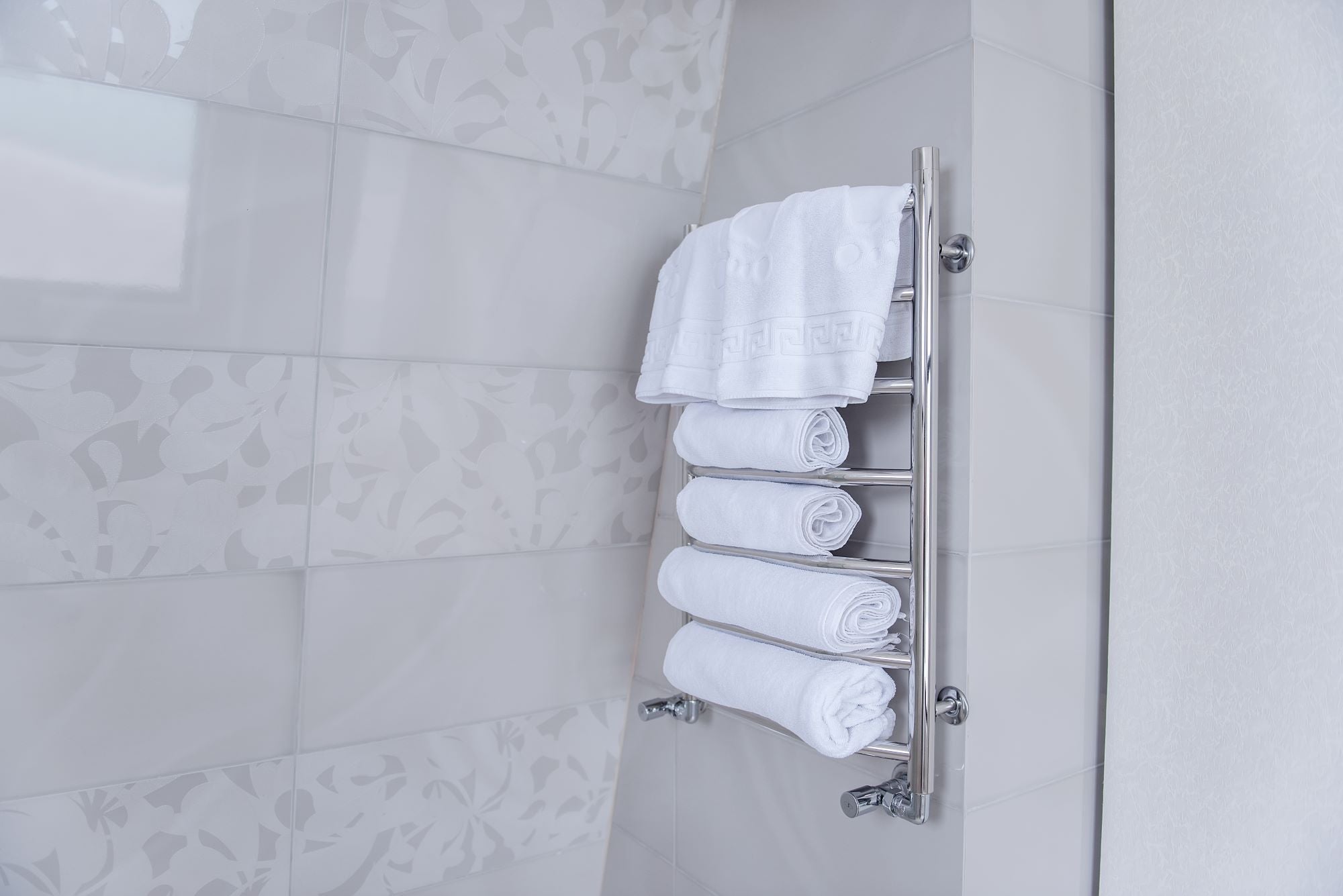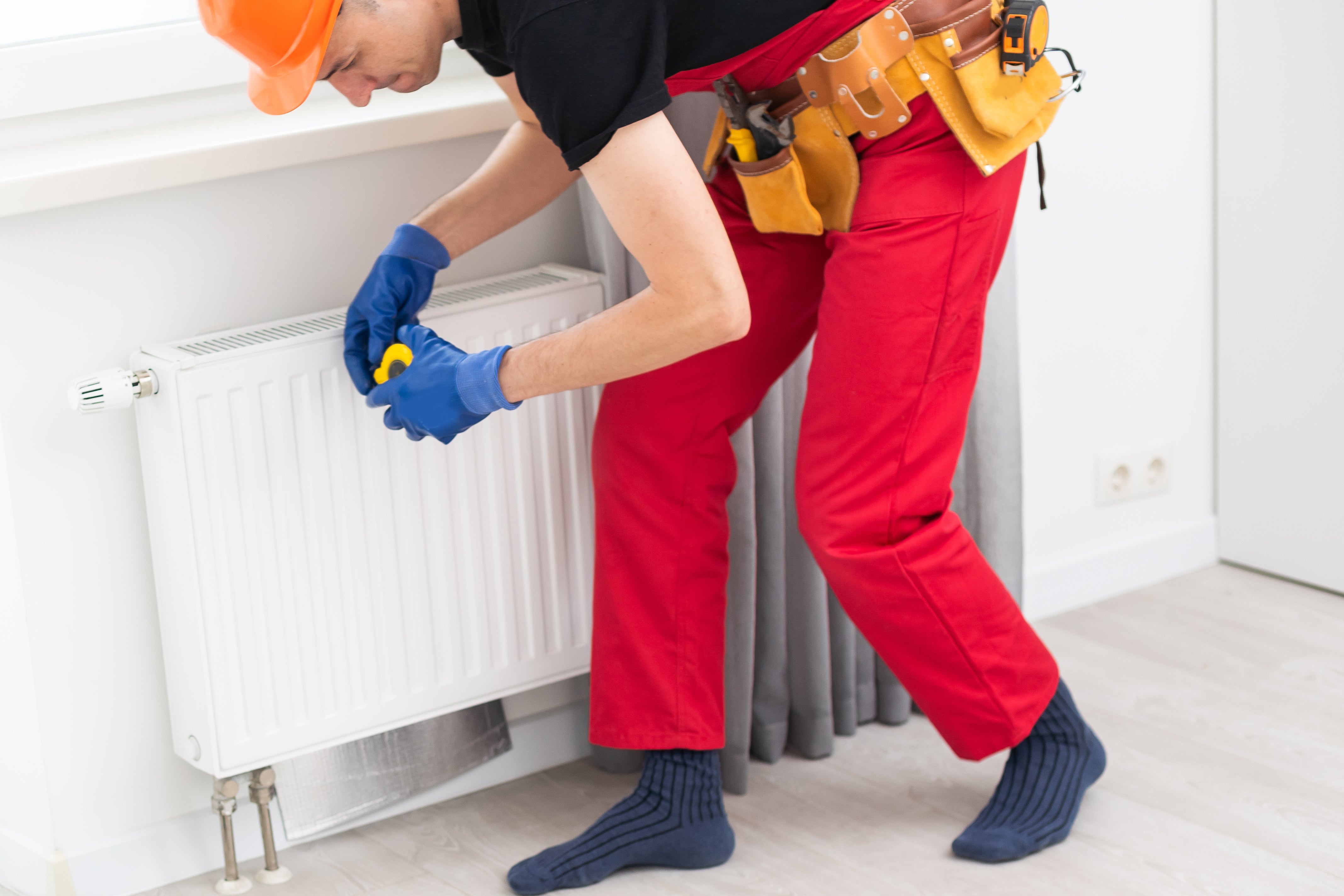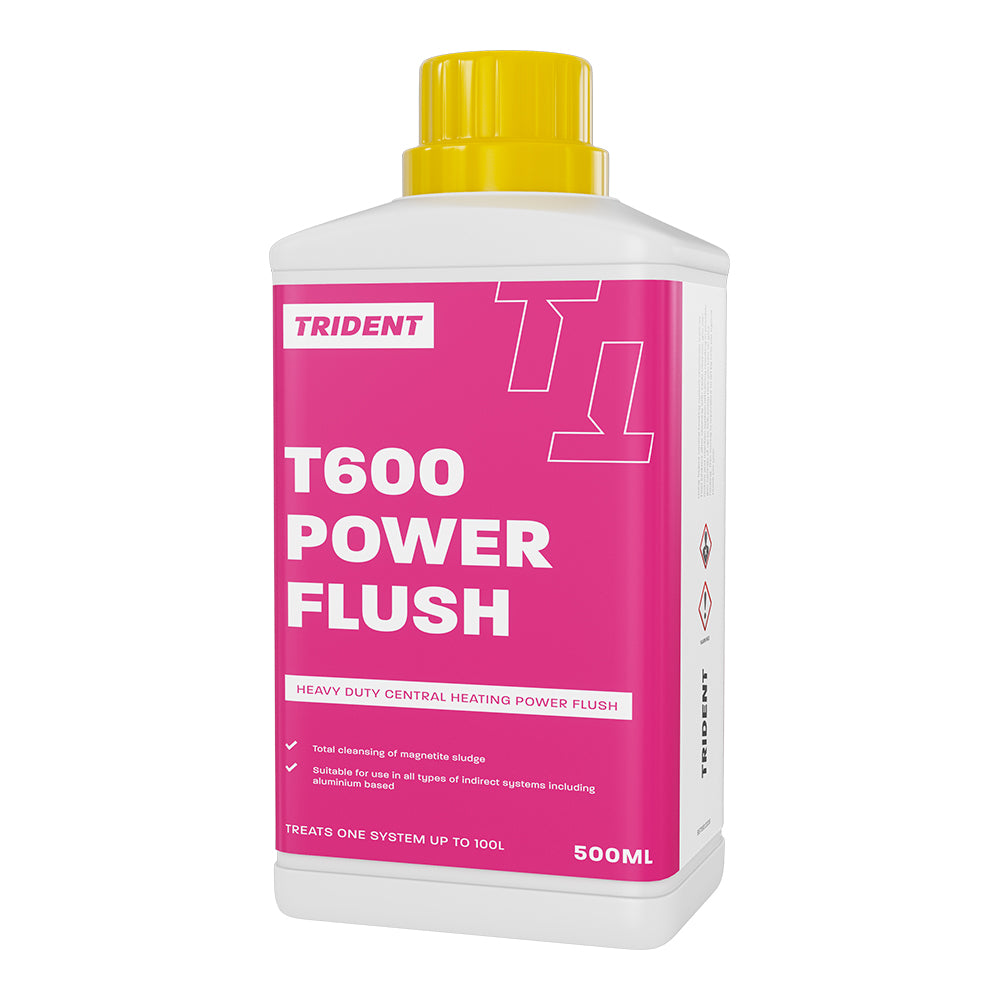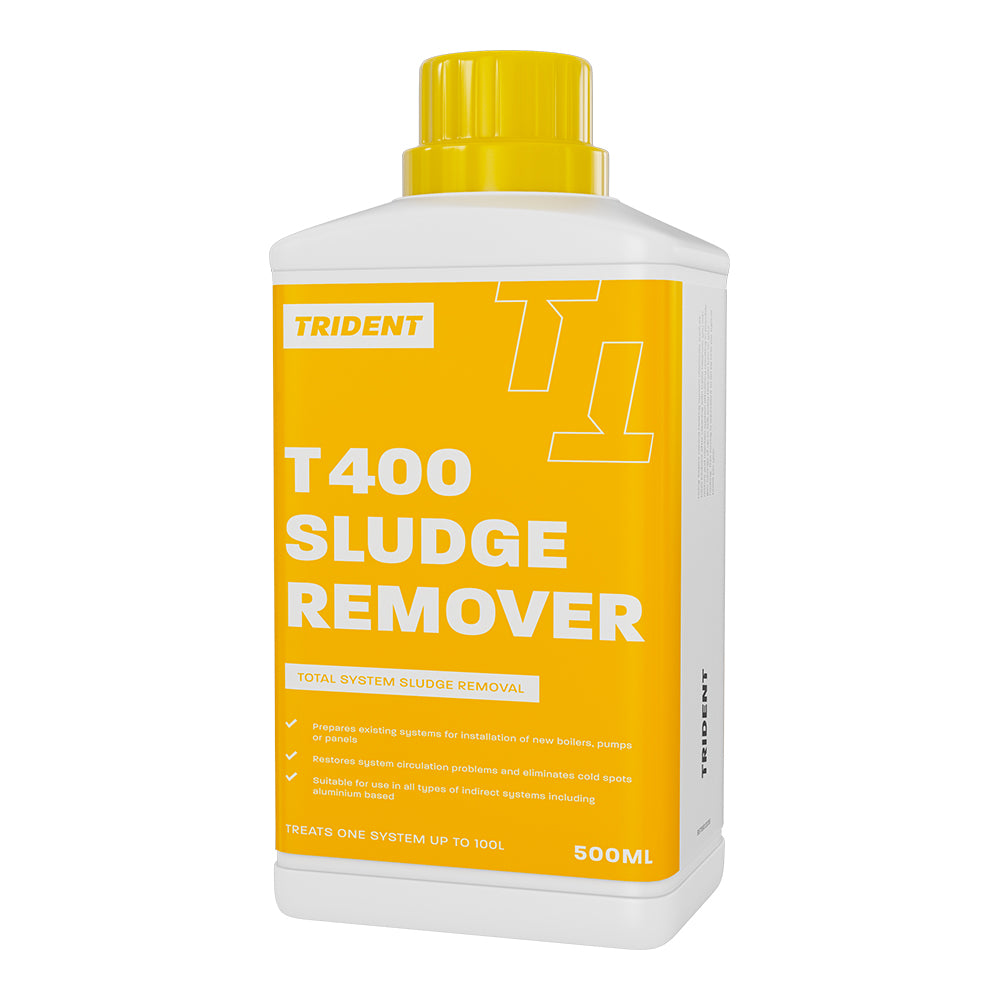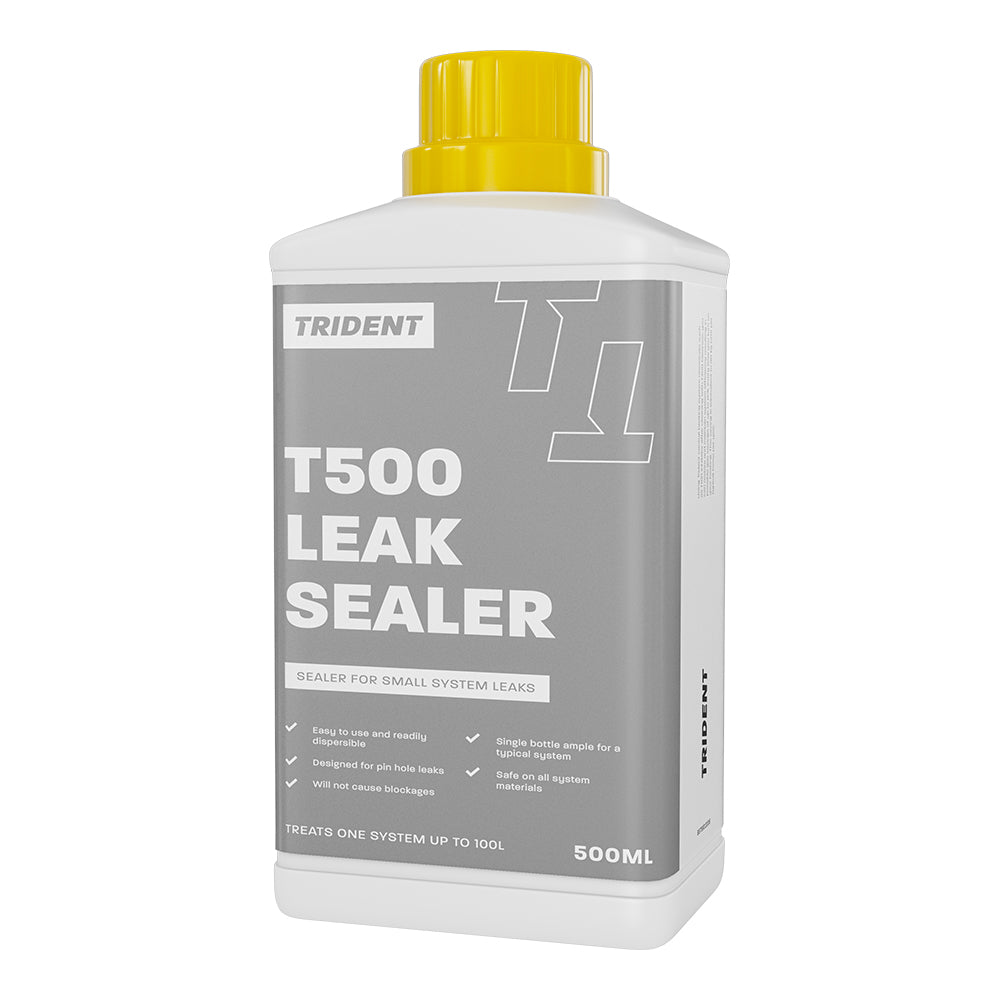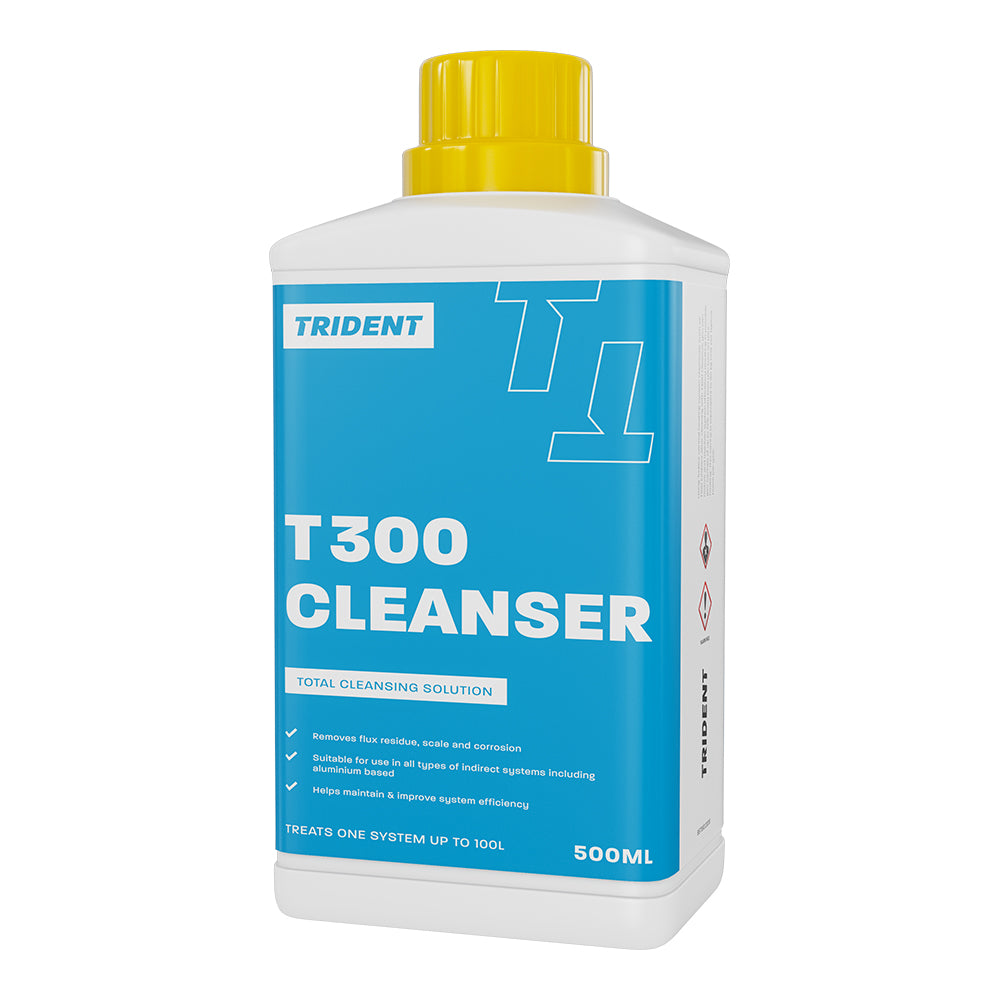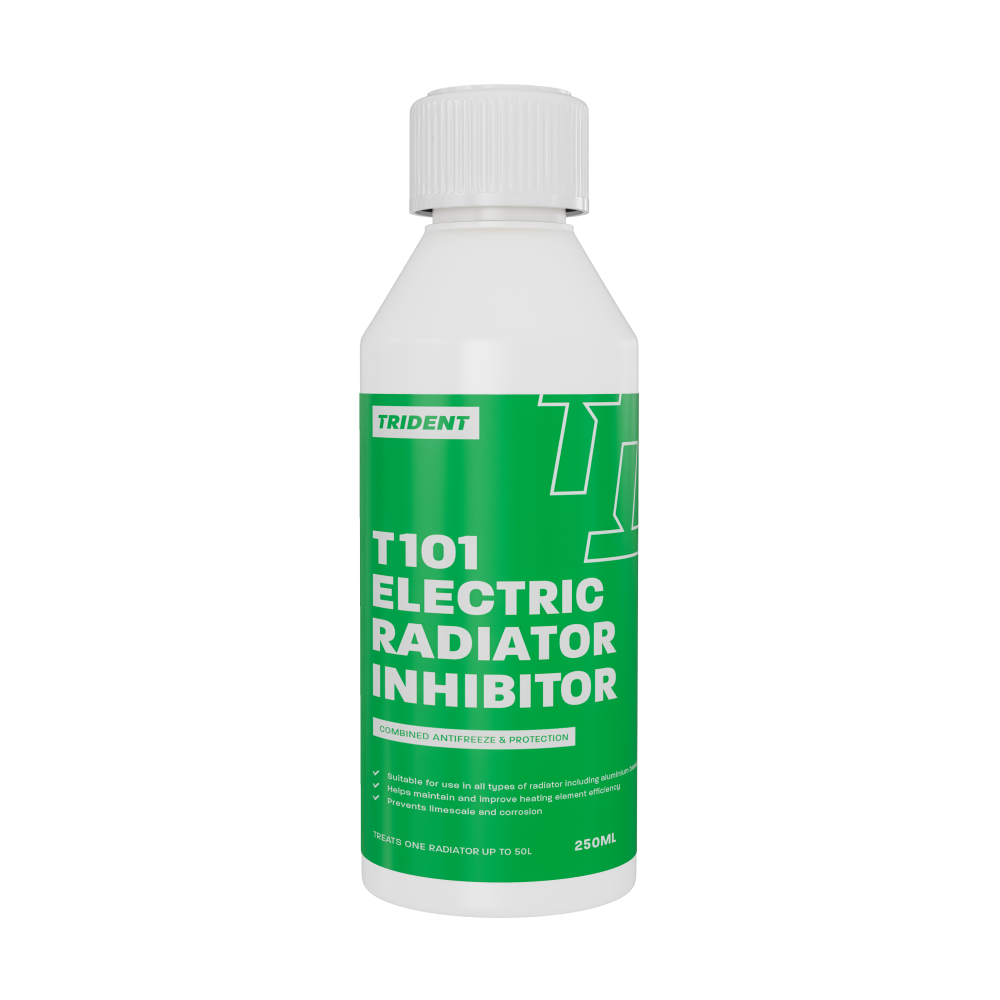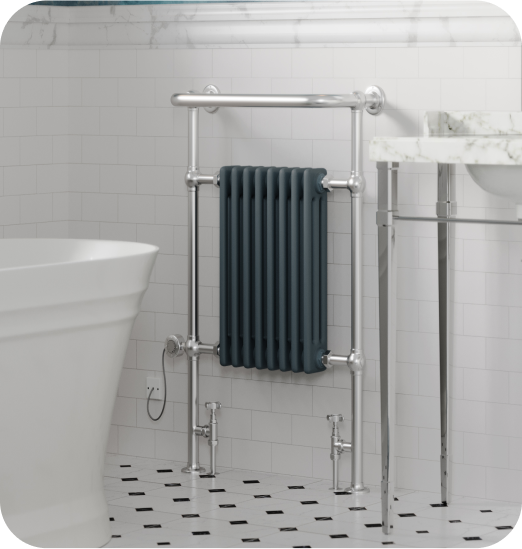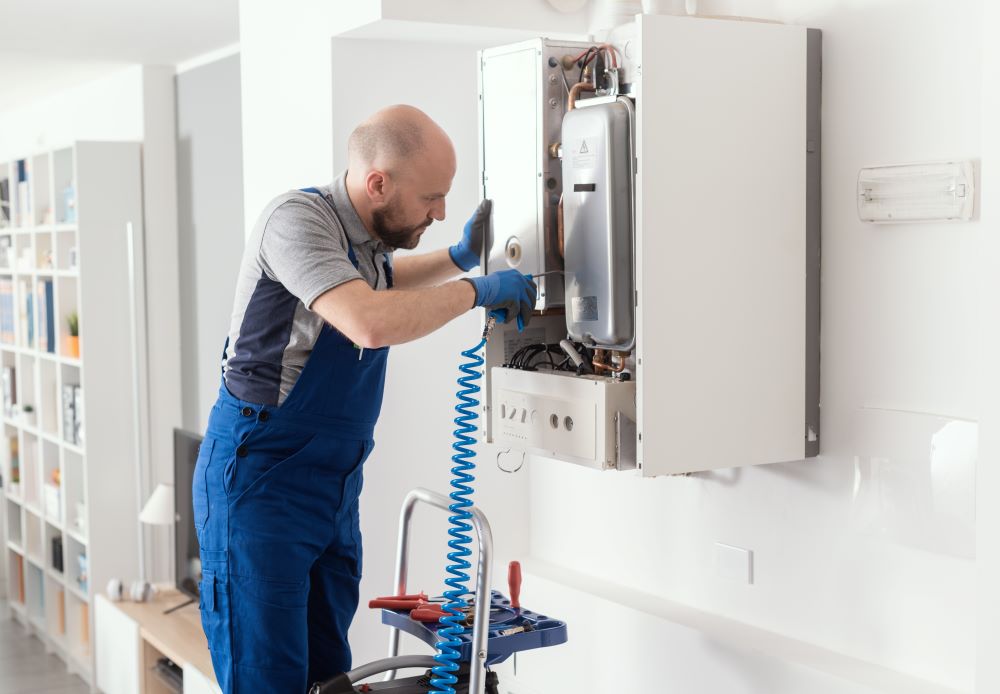
What Pressure Should Your Boiler Be?
What pressure should your boiler be? In truth, any questions surrounding boilers or boiler pressure can be daunting, especially during winter when a mere glance in the direction of a home boiler can mean waiting for engineers to come out to fix a breakdown.
At UK Radiators, we want you to feel like you can handle minor issues with boiler pressure yourself and with confidence to improve the function of your central heating radiators and keep you comfortable.
So, what pressure should your boiler be at home? Let’s explore, and determine what you can do to adjust the pressure yourself - no engineer required.
What Pressure Should a Boiler Be?
When the heating system is either low or off altogether, the pressure should ideally be between 1 and 1.5 bars on the gauge. If pressure is below 0.5 bars, water has been lost from the system and must be replaced.
If the pressure gauge indicates a high pressure of 1.75 bar or more, you will need to bleed a radiator until the pressure gauge returns to the ideal range.
If the pressure rises by more than 1 bar when the heating is on, then the expansion vessel may require repressurising. This will require a service engineer.
If you are having to repressurise your heating system frequently, such as monthly or quarterly, it might be a good idea to contact your installer. The pressure in the system should usually require topping up once or twice a year.
Your Boiler Pressure Checklist - At a Glance
What you need to do to adjust your boiler pressure:
- For repressurising or depressurising - turn off the boiler
- The pressure should be between 1 and 1.5 bars on the gauge
- If pressure is lower than 1 bar, use the filling loops below the boiler to refill the boiler system and make sure the pressure stays up
- If pressure is higher than 2, release the pressure by bleeding each of the radiators in turn with a radiator key
- Restart the boiler system
Simple!
Symptoms of Boiler Pressure Loss
If your boiler pressure is too low, you'll experience the following:
- Lack of heating or hot water
- Your radiators aren't warming up properly, either slowly or partially
- The dial on the pressure gauge has dropped below 1 bar
If you’re wondering why your boiler pressure keeps dropping, the most common causes are an excess of released air or water from a radiator when bleeding it, or a leak from the appliance or somewhere in the central heating system - usually from radiator valves or system components.
If the boiler pressure is too low this can lead to damage of the boiler and its internal components and lead to costly repairs, so we’d advise not to delay if you notice an issue.
Solutions for Your Boiler’s Pressure Loss
If you experience the above, thankfully you can top up the boiler pressure yourself. This is referred to as ‘re-pressurising’ your boiler. Understanding how to do this yourself can provide a little peace of mind and assurance that you can handle it without the help of an engineer.
- Firstly, turn off the boiler
- Beneath the boiler, look for an external filling loop: a short length of typically braided hose linking two water pipes, with levers at both ends to work valves (if you can’t find a filling loop, consult the boiler’s instruction manual - your boiler may have a keyed filling loop or keyless internal filling instead)
- Make sure both valves are open - you should hear water running, and see the boiler pressure gauge going up
- At about 1.2 bar, shut off both valves
- Provided the pressure stays up, and there are no obvious signs of leaking water, it’s safe to power the boiler back on
- Monitor the boiler pressure during the turning-on cycle
- To be sure that the matter is resolved, put the heating on and allow the boiler to run as usual, then allow it the chance to cool down again.
- Afterward, check to see that the pressure has dropped significantly again
Ideally, you shouldn’t need to top up your boiler pressure very often, but if the pressure drops more than once or twice a year, check all visible pipes for signs of water leaks. If you find a leak or your boiler pressure keeps dropping, book a boiler repair with a qualified engineer.
Symptoms of Your Boiler Pressure Being Too High
If your boiler pressure is too high, you'll experience the following:
- The pressure gauge dial has increased to 2 bars
- The system has shut down
There are several reasons why you might see the boiler pressure rising to 2 bar or above:
- You could have accidentally put in too much water when trying to correct low boiler pressure.
- You could have left the filling valves open accidentally – or not screwed them shut tight enough – allowing water to continue to flow in and increase pressure, so much so it affects the boiler function.
- The boiler could be overheating, causing excessive pressure
How to Reduce Your Boiler Pressure
Want to know how to lower boiler pressure in your system by yourself? You can try to self-diagnose the problem in a few simple steps – and lower the boiler pressure:
- Turn off the boiler
- Check that the filling loop valves, or the key or keyless filler, are fully closed.
- Wait for the system to cool, then release pressure by bleeding each of the radiators. Feel free to check out our blog on how to bleed a radiator if you're not sure, as it's easy to bleed the radiators incorrectly. If you have a mishap while carrying out the bleed, arrange a callout with an engineer as soon as possible
- When you’ve bled every radiator, if you check the pressure gauge for the boiler and it’s still reading as too high, you’ll need to repeat the radiator bleeding process
- If the pressure is still too high - locate your drain off valve and drain some water from the central heating system
- Keep checking until the boiler pressure gauge reads around 1.2 bars
- If the boiler pressure ends up too low, follow the instructions above to top it up again
If your boiler pressure keeps rising into the higher figures at 3 and above, arrange a boiler repair. It could indicate a problem with the pressure relief valve – or a fault within the system.
Modern electric radiators are less prone to faults and wear and tear with proper upkeep, If this all sounds like too much upkeep, an advantage modern electric radiators has over central heating radiators is that you don't have to service or replace boilers like you do with central heating radiators. Theres less opportunity for severe leaks and if something goes wrong with the unit, its restricted to the single unit and unlikely to affect the rest of the heating system.
Let UK Radiators Give You the Confidence to Deal with Boiler Pressure
Whether you're using dual-fuel radiators in the bathroom to heat your towels or column radiators in the bedroom, having an optimised boiler function can affect the performance of your home radiators.
At UK Radiators, we’re experts in all things heating. Should you have any queries about your boiler pressure or need any radiator supplies, we’d love to hear from you.
For any guidance on our radiator products, fittings, or maintenance, give us a call on 0333 006 8227 or send your enquiry to sales@ukradiators.com and we'll be in touch to help you.
















